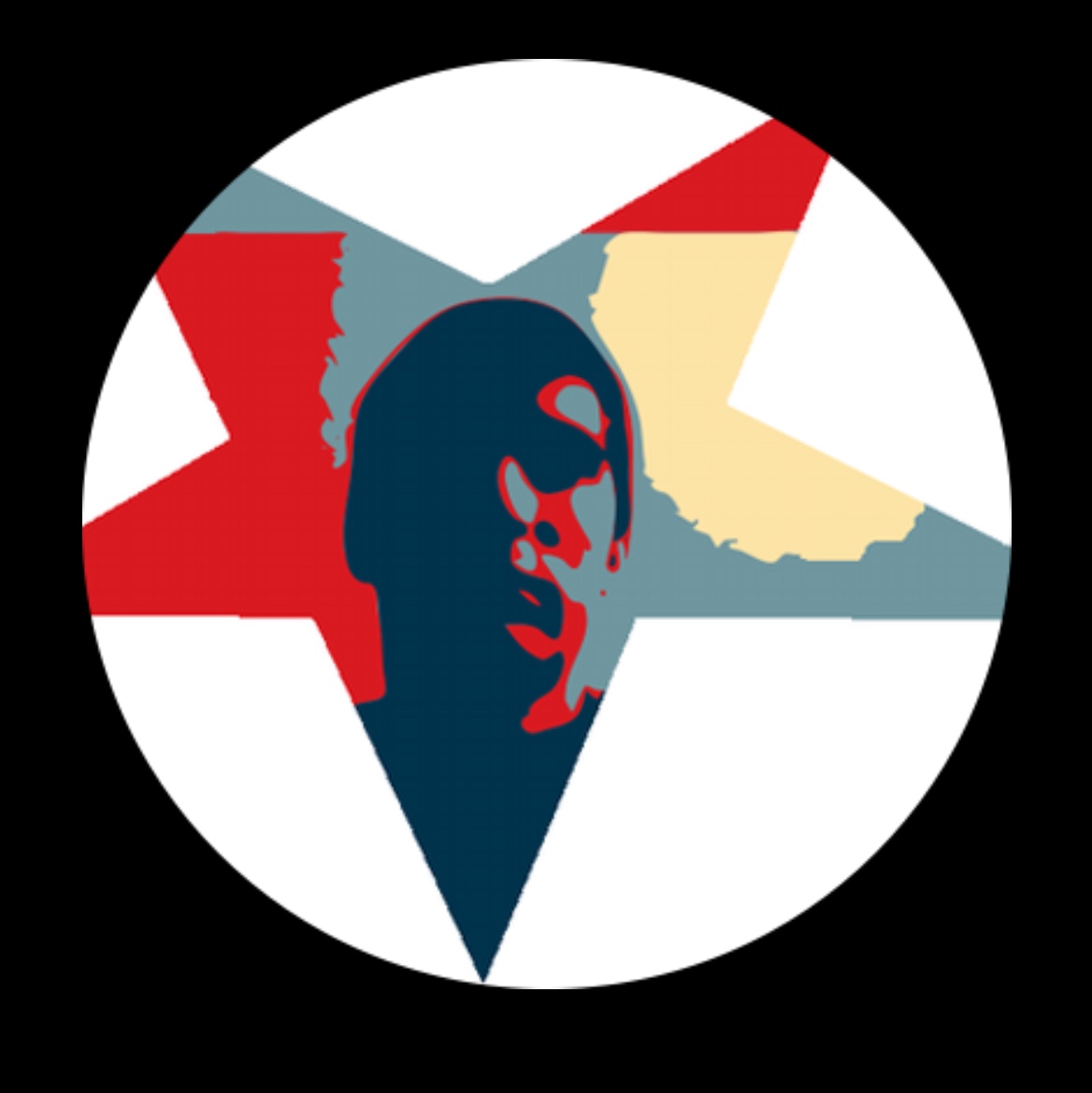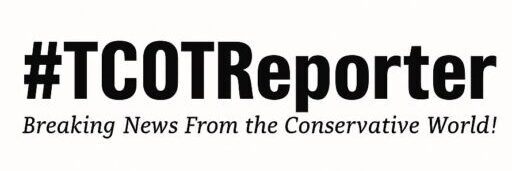
It began on a platform nobody thought would last — a flood of one-liners and noise. Out of that static came #TCOT, shorthand for Top of Conservatives on Twitter — four letters that turned a handful of scattered accounts into a nationwide signal.
In late 2008, the tag had become a gathering point for conservatives who felt their movement had lost its compass. They found each other in the algorithm’s noise and built something that moved faster than any traditional political machine. Tweets became threads, threads became news, and the feedback loop between social media and the real world began to spin. By early 2009, #TCOT wasn’t just a tag anymore — it was a network. There were daily debates, tweet-ups, campaign efforts, and real-time coverage of Tea Party rallies and congressional votes. It was messy, authentic, and fast. Long before “trending topics” became brand marketing, #TCOT proved that ordinary users could shape national conversation on their own terms.
Out of that current rose #TCOT Report — an Internet-only newsroom modeled in spirit after Drudge Report but powered by the velocity of Twitter. It billed itself “Breaking News from the Conservative World,” and for a while it lived up to the tagline. The site blended grassroots reporting with a live feed of stories, sourcing updates directly from its own online community. It was the moment “Drudge meets Twitter” stopped being a description and became a format.
The platform’s heartbeat came from its readers — volunteer editors and contributors scattered across the country who supplied breaking tips, local insights, and commentary long before legacy outlets could react. #TCOT Report’s strength was speed: a decentralized press corps operating in real time, woven together by a hashtag.
What made it endure wasn’t polish but purpose. Its community worked under four shared principles — Conservatism, Collaboration, Constructive Dialogue, and Community — a simple framework that reflected both the heritage of conservative thought and the frontier spirit of the new online right.
For a time, #TCOT Report became the newsroom of a movement that had never needed permission to exist. It was the digital intersection where activism met journalism, where people wrote their own headlines, and where an entire political current realized it could speak for itself — faster, louder, and without waiting to be invited.
Its DNA is still visible across the modern information landscape. Long before “citizen journalism” became a cliché, #TCOT Report had already proven that the crowd could be the press. Its model — fluid, collaborative, and borderless — foreshadowed today’s decentralized media ecosystem, where authority comes not from institutions but from the speed and precision of connection itself.

Michael J. Bernard was one of the original On-Duty Editors for #TCOT Report, part of the small group that helped organize content, coordinate contributors, and keep the movement’s digital newsroom running as it found its voice.
For nearly two decades, Michael J. Bernard has written on the intersection of political economy, international trade, and world affairs.
His byline has appeared in Big Think, Seeking Alpha, The #TCOT Report, The Hill Talk, Chicago Contrarian, Yahoo News, the Times Herald-Record (NY), Huffington Post, and numerous other national and regional publications. Drawing on a background that spans finance, leadership, and media, Bernard approaches complex issues with a systems-level perspective — translating the mechanics of policy and power into clear, accessible analysis.
